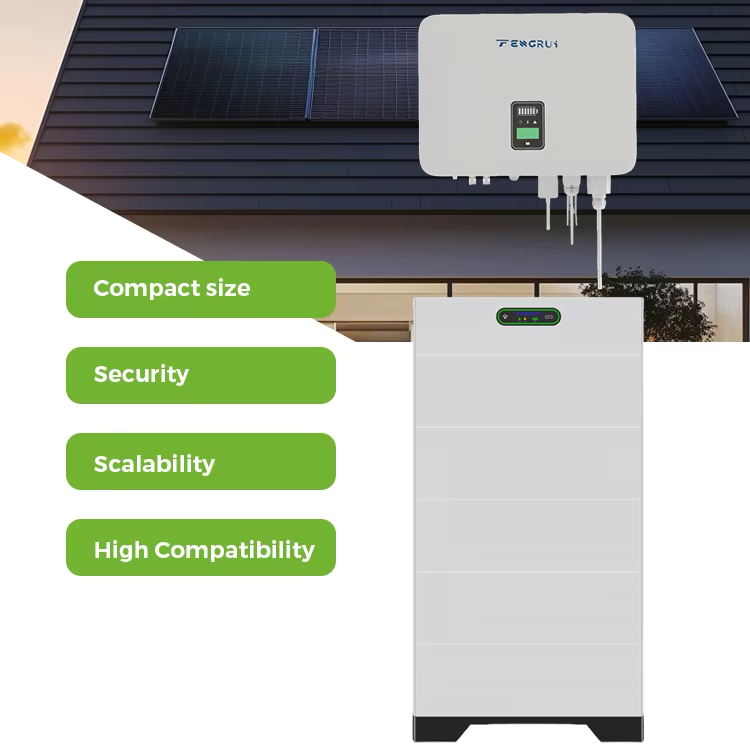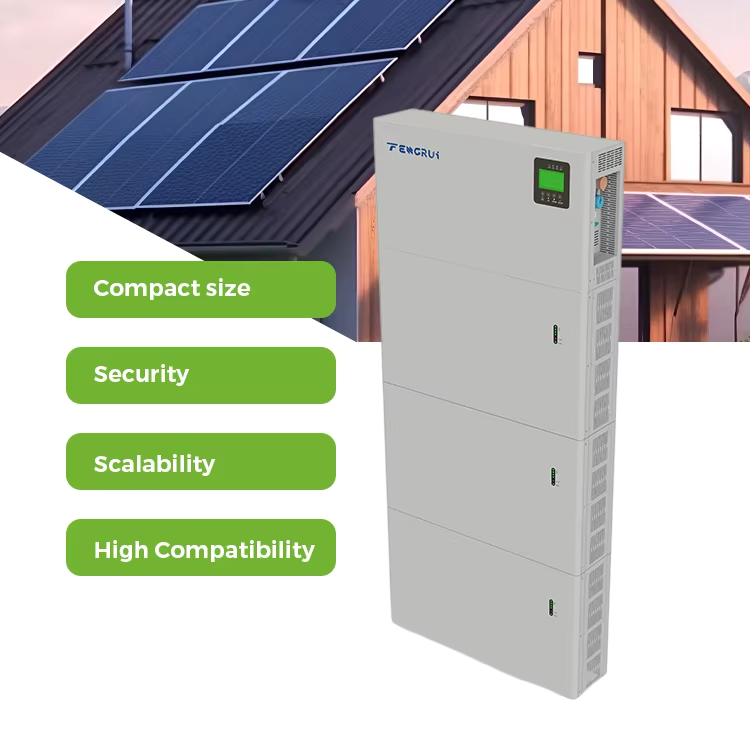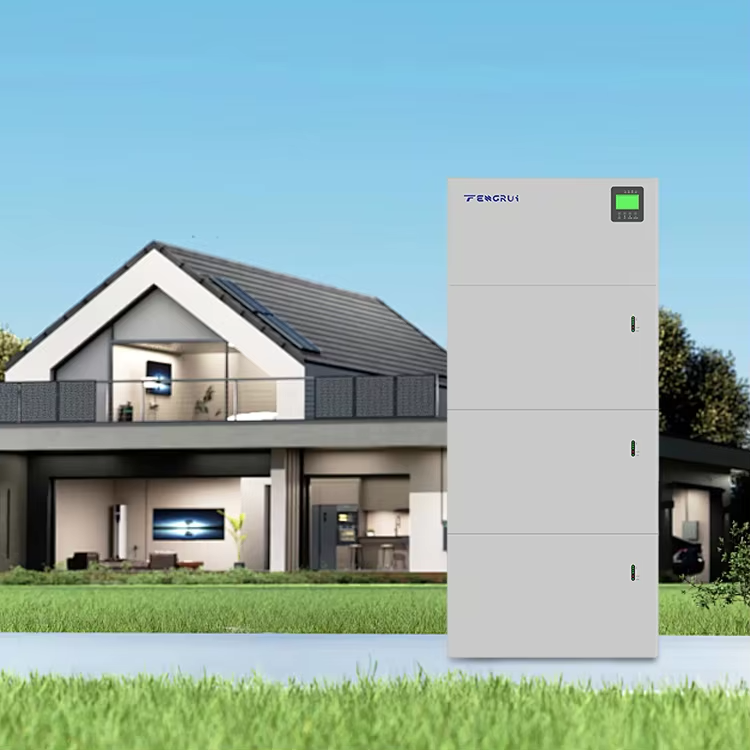lfp battery module
The LFP (Lithium Iron Phosphate) battery module represents a cutting-edge energy storage solution that combines safety, reliability, and performance. This advanced battery system utilizes lithium iron phosphate chemistry to deliver consistent power output while maintaining exceptional thermal stability. The module is engineered with precise cell balancing technology, integrated battery management systems (BMS), and robust thermal management capabilities. These features work in harmony to ensure optimal performance across various operating conditions. The module's design incorporates multiple layers of safety mechanisms, including short-circuit protection, overcharge prevention, and temperature monitoring. Its modular architecture allows for flexible scaling, making it suitable for applications ranging from residential energy storage to commercial power backup systems. The LFP battery module boasts an impressive cycle life, typically exceeding 6000 cycles at 80% depth of discharge, significantly outlasting traditional battery technologies. Additionally, the module maintains stable voltage output throughout its discharge cycle, ensuring consistent performance for connected devices and systems. Its compact design maximizes energy density while minimizing installation footprint, making it an ideal choice for space-constrained applications.


